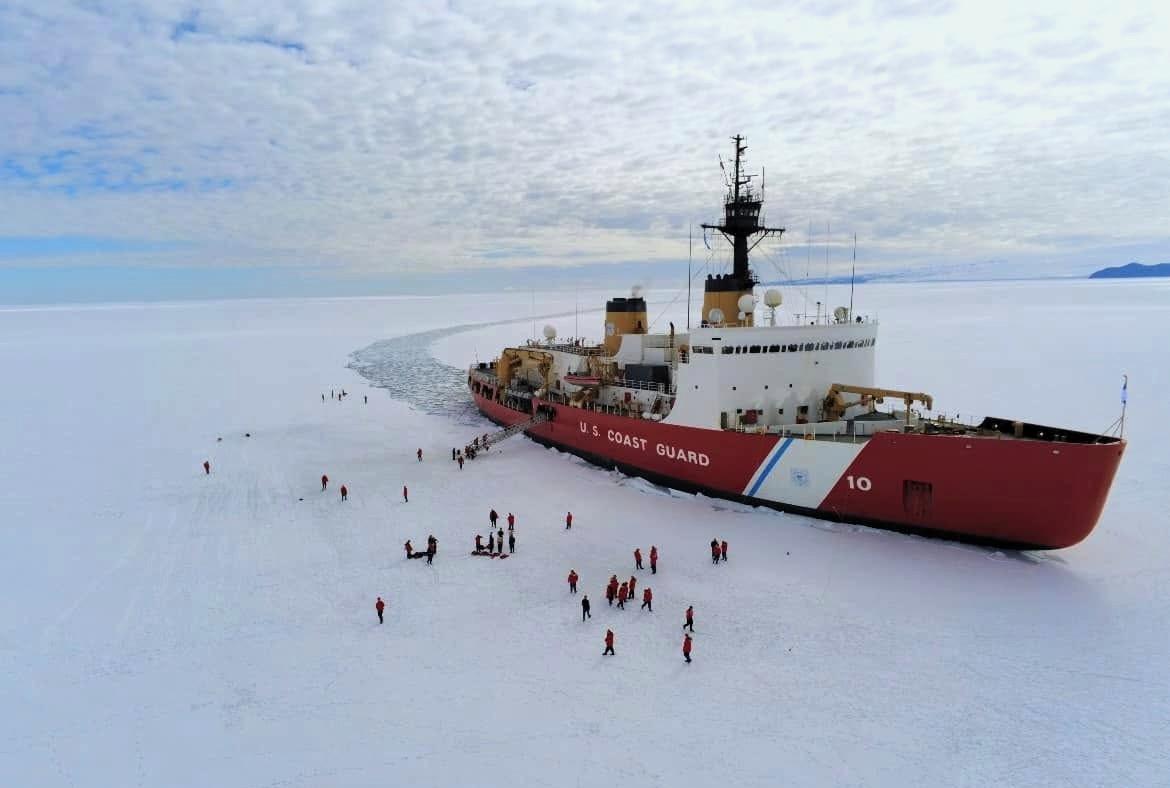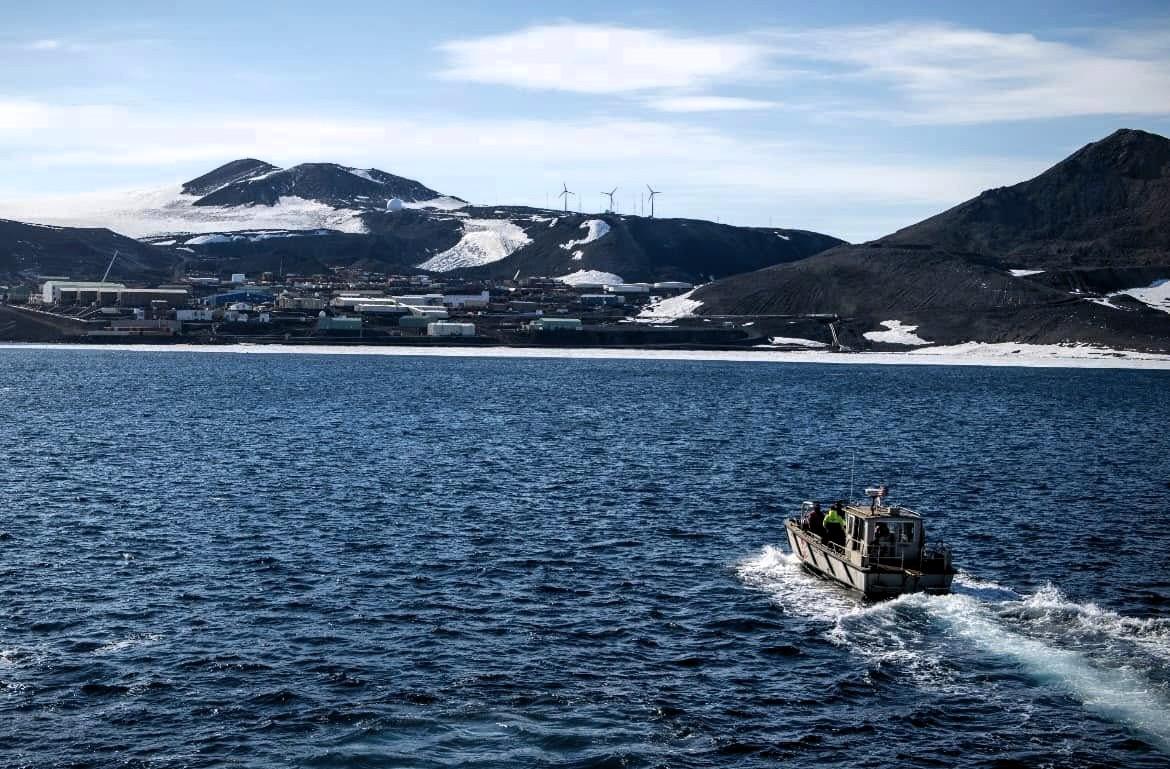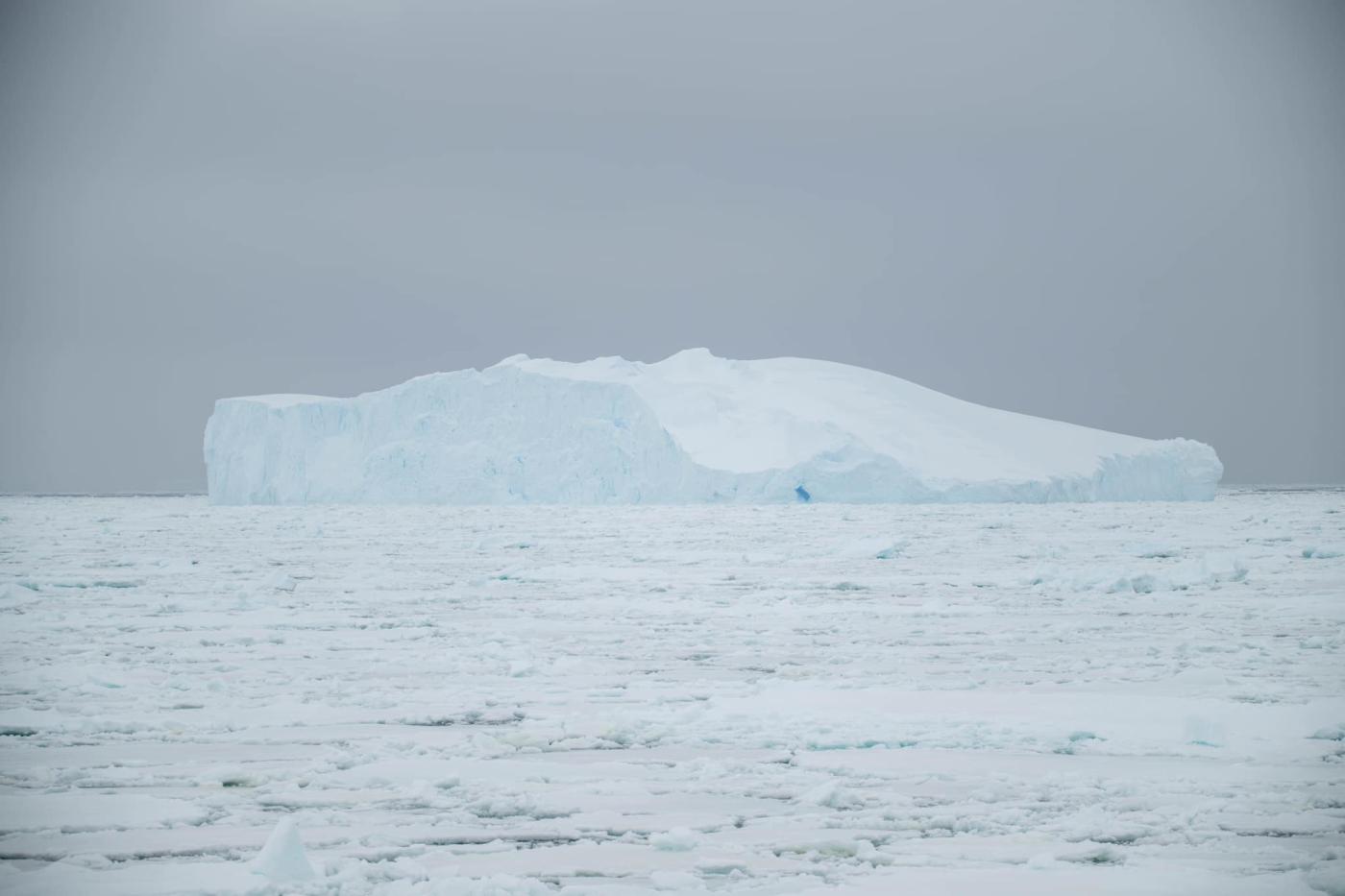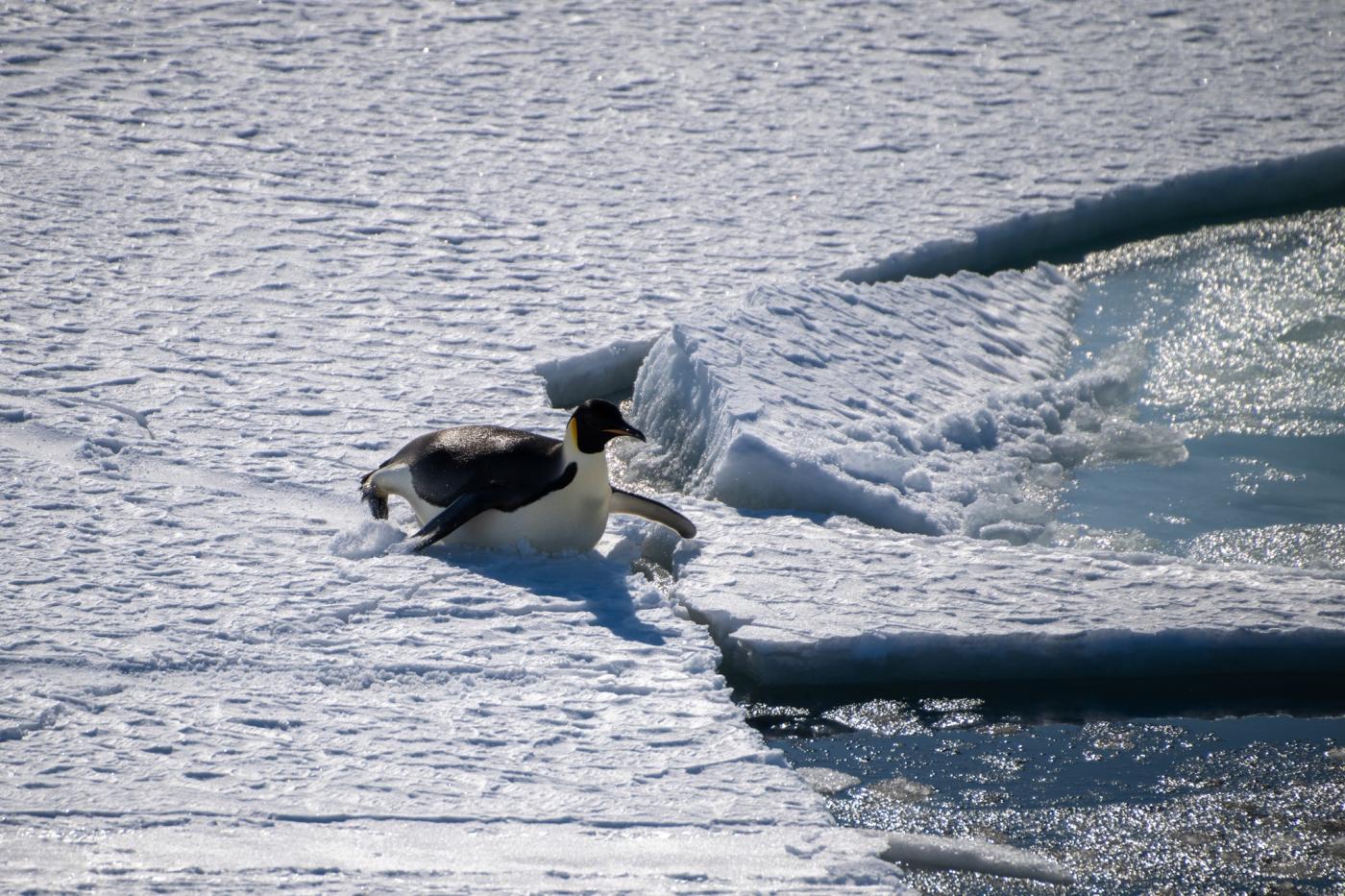U.S. Coast Guard cutter Polar Star concludes Operation Deep Freeze 2025, departs Antarctica
After 65 days operating south of the Antarctic Circle, the U.S. heavy icebreaker USCGC Polar Star (WAGB 10) has completed its mission in support of Operation Deep Freeze 2025 and departed the Antarctic region.
worldwide coast guard news09 march 2025 | 08:17 | Source: Gazeta Morska | Prepared by: Kamil Kusier | Print

fot. U.S. Coast Guard
Operation Deep Freeze is an annual mission led by the U.S. Antarctic Program (USAP) in collaboration with the U.S. Department of Defense, supporting the National Science Foundation (NSF). The program advances U.S. commitments under the Antarctic Treaty, fosters international scientific cooperation, ensures the conservation of Antarctic resources, and promotes their sustainable management.
This highly complex mission involves strategic and tactical airlift operations, medical evacuation support, search and rescue capabilities, sealift logistics, seaport access, bulk fuel delivery, and port cargo handling. Polar Star’s primary task was icebreaking in McMurdo Sound, ensuring a navigable passage for supply vessels servicing both the U.S. McMurdo Station and New Zealand’s Scott Base.
- This year, the sea ice conditions in McMurdo Sound were exceptionally light, a welcome change from last year’s extreme conditions, said Capt. Jeff Rasnake, commanding officer of USCGC Polar Star. - Operation Deep Freeze presents significant challenges, particularly when maintaining and operating a 49-year-old ship on such a demanding mission. However, our meticulous deployment planning allowed us to take full advantage of favorable conditions, keeping ahead of developments without overexerting the cutter or the crew. That planning made a major difference.
During the mission, Polar Star conducted a crew exchange with the Royal New Zealand Navy’s replenishment vessel HMNZS Aotearoa, further emphasizing the importance of international defense cooperation in Antarctic operations.
The icebreaker also supported the Commission for the Conservation of Antarctic Marine Living Resources (CCAMLR), becoming the first U.S. surface asset to assist in monitoring fishing activities and safeguarding marine resources in the Southern Ocean.
- Each deployment to Antarctica requires precise planning and coordination due to the extreme and unpredictable environment, Jeff Rasnake added. - The joint-agency collaboration within Joint Task Force – Support Forces Antarctica this year was outstanding and upheld the proud tradition of U.S. military support for the U.S. Antarctic Program, ensuring security and stability in the region.
Since departing its Seattle homeport in November, USCGC Polar Star has covered nearly 16,000 nautical miles, with port calls in Honolulu, Sydney, and McMurdo Station. The crew marked the vessel’s 49th anniversary with a visit to Cape Polar Star in the northern Ross Sea—named after the icebreaker in recognition of its scientific contributions during Operation Deep Freeze 86.
USCGC Polar Star remains the United States’ only icebreaker capable of operating in both polar regions. The Seattle-based cutter, commissioned in 1976, is 399 feet (122 meters) long, 84 feet (25 meters) wide, with a 34-foot (10-meter) draft. Powered by six diesel engines and three gas turbines generating up to 75,000 horsepower, it remains a critical asset for U.S. operations in the world’s most extreme maritime environments.
Buy us a coffee, and we’ll invest in great maritime journalism! Support Gazeta Morska and help us sail forward – click here!
Kamil Kusier
redaktor naczelny
gallery









comments
Add the first comment
see also
Navantia and Fincantieri deepen cooperation on the european patrol corvette programme
Unmanned systems and naval firepower modules. WB Group showcases integrated capabilities at Enforce Tac 2026
Swedish ports record lowest ship calls in 18 years. Implications for the maritime sector
Hapag-Lloyd to acquire ZIM for $4.2bn: strategic consolidation in the container shipping market
Damen Shipyards and Blue Water Autonomy announce license for Liberty-class autonomous vessel for the U.S. Navy
ITS Virginio Fasan and USS Bulkeley conduct PASSEX in eastern Mediterranean
NATO strengthens operations in the north: alliance boosts Arctic presence
ORLEN acquires 25% stake in Aphrodite field on the Norwegian Continental Shelf
Ukraine maintains a safe maritime corridor amid ongoing war
Naval Academy in Gdynia and Ecole Navale join forces. A new phase of international military cooperation
ADVERTISEMENT
ADVERTISEMENT